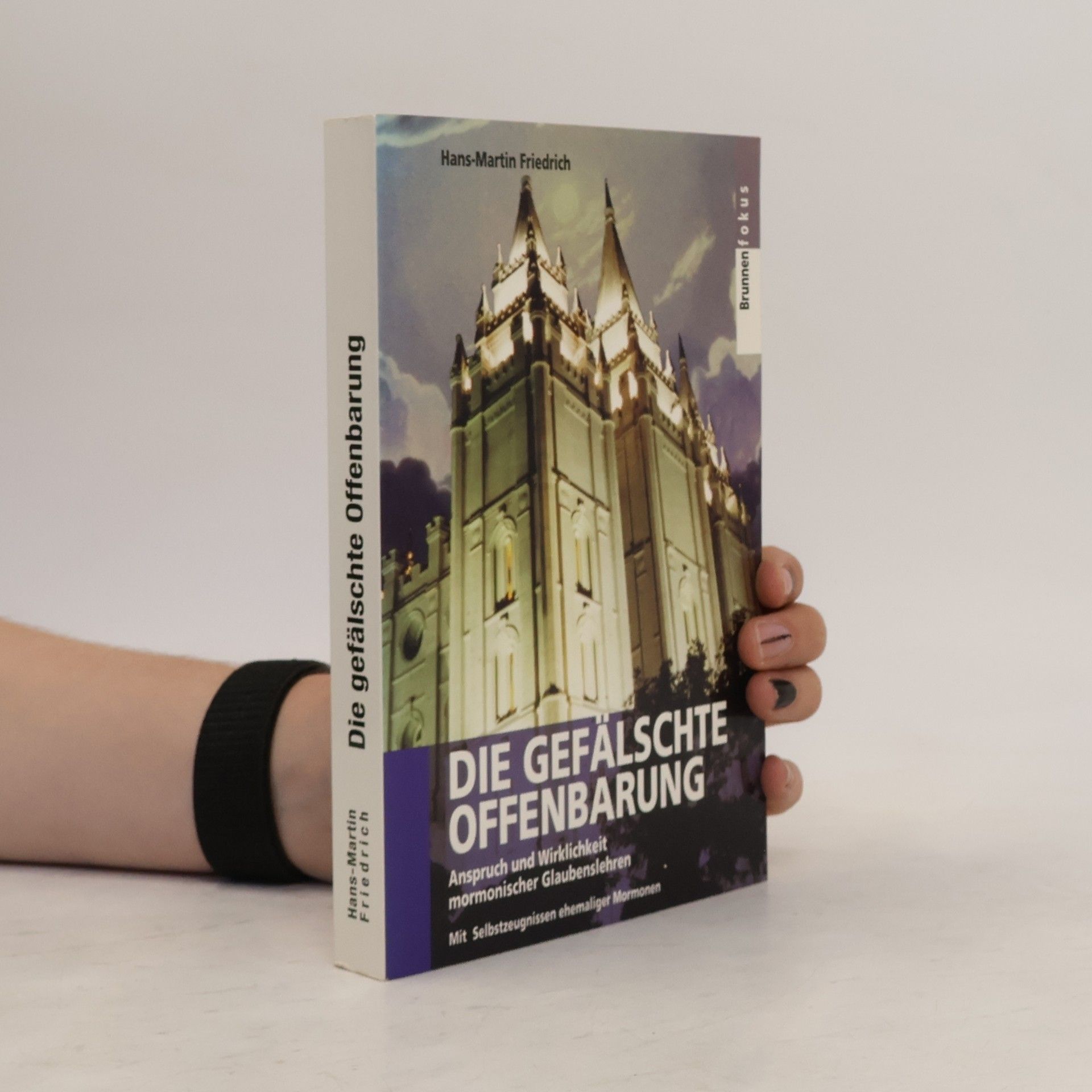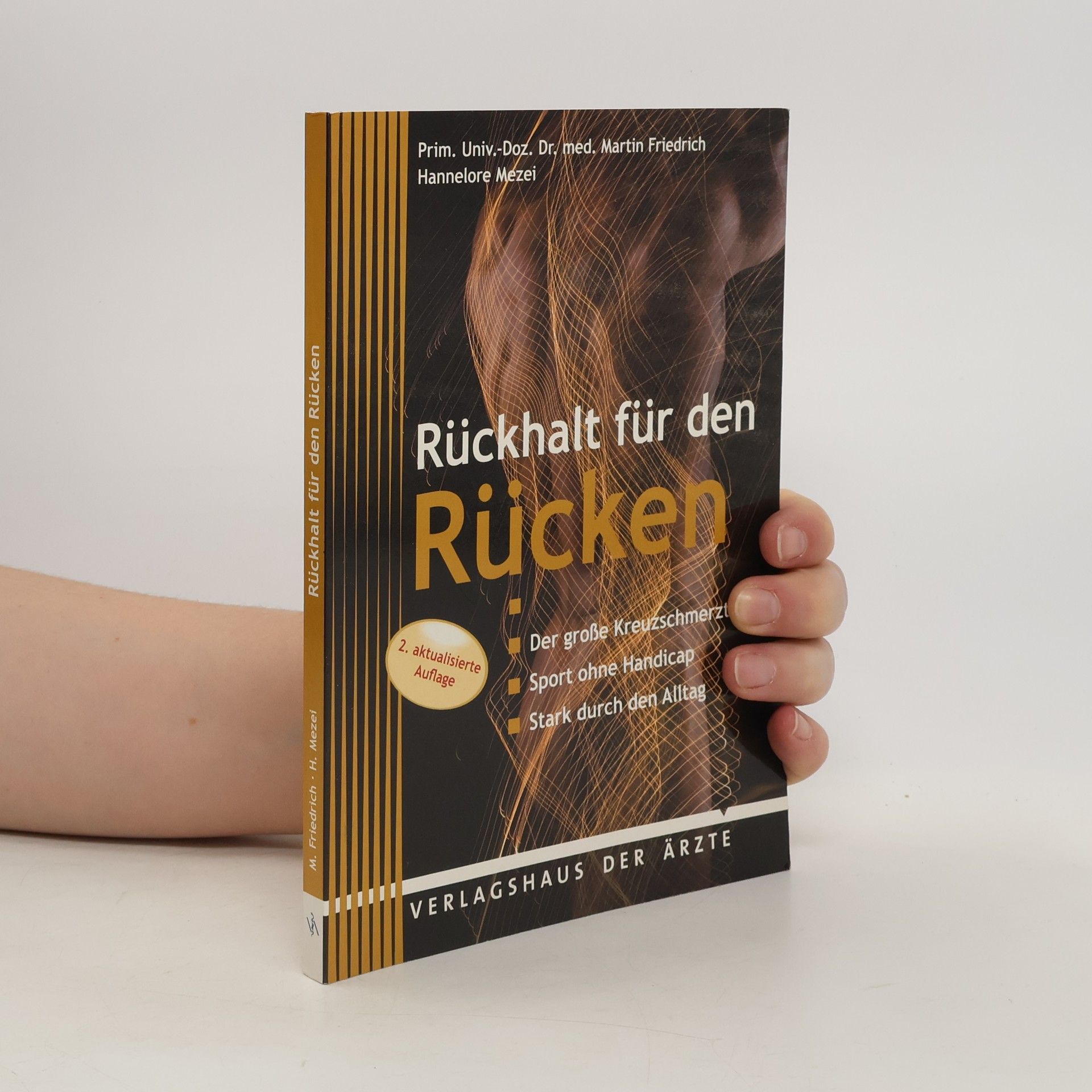Nakonec úřaduje smrt
- 264 pages
- 10 hours of reading
Když Tomáš Crha, čerstvý absolvent filosofické fakulty, začne pracovat na jistém ministerstvu, netuší, že zažije něco víc než úřednickou nudu. V novém zaměstnání potkává bizarní postavy byrokratů i obyčejných občanů, hlavně ale přichází na stopu zločinu, který ovlivnil životy jeho kolegů a dotkne se i jeho... Devadesátá léta tvoří pozadí příběhu minulých křivd a vin, jež vrhají stín na osudy lidí, doufajících v lepší přítomnost. Mladý úředník naštěstí nepostrádá smysl pro osobité vnímání světa, díky němuž tyto stíny prosvětlí trochou humoru a fantazie. Román Martina Friedricha představuje možná vůbec první českou úřednickou detektivku se vším, co k tomuto prostředí patří.





